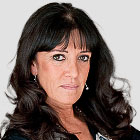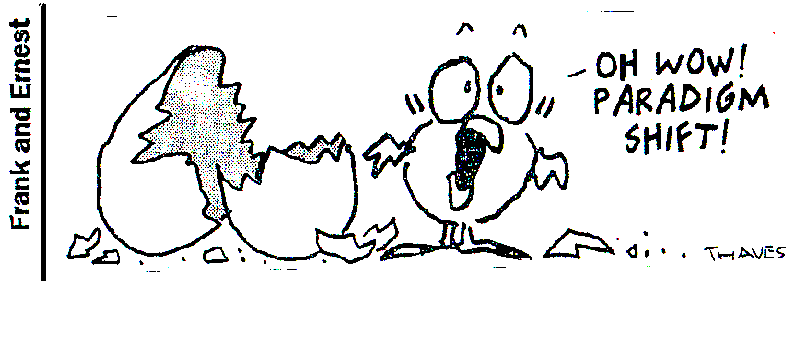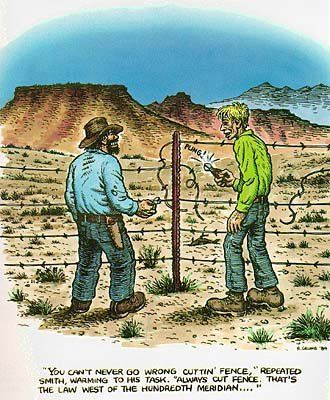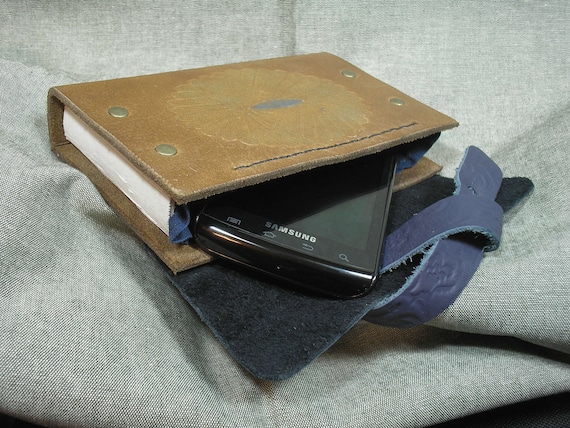"Things are looking up for radical books ... The problems of the past few years – shops closing, publishers folding – seem to be lifting." So runs the opening of Making the Connections: Radical Books Today, published in 1988, at the height of Margaret Thatcher's reign – but these rousing words of resistance could have been written today. For while the independent books sector in the UK has indeed been beset by bad news – independent bookshops closed at the rate of two a week in 2009, according to the Booksellers Association – the radical bookshops that have survived are witnessing a revival of interest, and are guardedly optimistic about their futures."In the last five to 10 years there has been a massive resurgence in interest in grassroots politics and activism," says Mandy Vere of Liverpool's radical bookshop News From Nowhere, where she has worked since soon after its launch in 1974. The shop, named after William Morris's utopian novel and run by a not-for-profit women's collective, is, she says, benefiting from the anti-globalisation movement, the anti-capitalist backlash provoked by the current financial crisis, the recent growth in climate change and green activism, and the re-energised feminist movements.
"This has created a critical mass of participation – young people and older activists, like myself – and we're noticing massively more people using the bookshop as a meeting point," Vere says. "Feminism, for example, has been very big online for a few years, and we're starting to see that resurgence come out of the blogs and into what I would call 'real life'. This year, there's a number of feminist books coming out, as well as Reclaim the Night and International Women's Day marches, which we haven't seen for a while."
Andrea Butcher of Bookmarks, a socialist bookshop in the heart of Bloomsbury, agrees. "There's a lot of resistance at the moment. [In March], a quarter of a million PCS workers went on strike. There's the railways, British Airways, the colleges, the fight against the BNP – we see a lot of people coming in and reading about the history of fighting fascism and how to take that forward in the context of the BNP. And with the credit crunch, we saw a lot of people coming in for basic economics – Marx and Engels – wanting to understand what's going on. The Communist Manifesto made an appearance in our top 10 last month, which it doesn't always! The other area of growth is feminist and women's liberation literature. There's a new group of young women getting engaged."
And it's not just buying and reading books that's feeding this seeming hunger for resistance. Radical bookshops have become venues, too: holding frequent events, from launches to lectures and pre-demonstration meet-ups; acting as a physical base where like-minded people endeavour to turn ideas into action. "Holding the events is very important because people need that area where they can get together and meet other activists and discuss these issues," says Butcher as she clears up empty wine glasses from the previous evening's well-attended in-store gathering.
But despite such positive anecdotes, radical bookshops are still clearly engaged in a struggle for survival. The sector isn't anywhere near as healthy as it was in its 1980s prime, when the now-disbanded Federation of Radical Booksellers was, says Vere, "a force to be reckoned with in the booktrade", and there were about 60 radical bookshops across the country, including Compendium, Collets, Silver Moon and Central Books in London, Grassroots in Manchester, Frontline in Leicester, Greenleaf in Bristol and Mushroom in Nottingham.
At Housmans, in Kings Cross, London – one of the longest-running radical bookshops in the country, launched by a group of pacifists – wiry co-manager Malcolm Hopkins, dressed head to toe in black, pulls up a chair in front of a row of Trotsky biographies and recounts the changes he's seen in the sector in past decades.
"Regretfully over the years we've seen a massive decline," he says. "Whereas once you could draw up a list of them, you can now count them, I would guess, on one hand. And it's a great loss. The important thing about radical bookshops is that they were more than just places that sold commodities, they were centres for activists, they held events, they encouraged people."
The story of the decline of radical bookshops will be all too familiar to followers of the independent and second-hand sector. "Amazon and the internet had a phenomenal impact," says Hopkins, "and the abolition of the net book agreement, which meant that the big stores, the chains – and specifically Amazon – could discount books ... that really hit the small independents. They just don't have the purchasing power; they can't compete on price, and they're suffering. Everybody I know who works in independent bookshops is nervous about the future."
With the mainstreaming, to a certain extent, of what was once perceived as radical politics – you're now quite likely to find the latest queer theory text, for example, in your local Waterstone's – the need for specifically radical outlets was also called into question. Now, only six members of the Booksellers Association fall into the radical/alternative category: Bookmarks, Housmans, News From Nowhere, October Books in Southampton, Radish in Leeds, and Word Power in Edinburgh. There are others, including Freedom, the anarchist publisher and bookshop based in east London, and the Cowley Club in Brighton, a co-operative run cafe and bookshop, where you're likely to bump into both anarchists and supporters of Caroline Lucas's bid to become the first Green MP.
Despite being small in number, however, there are real signs of a fightback in the radical bookselling sector, and a mounting backlash among the public against mainstream chain book stores – and mainstream politics. "A growing number of people are becoming aware of where they shop [and] more interested in ideas of how they are living," says Elaine Henry, owner of Word Power. "People are looking for something a bit different. A lot of customers come in with their printout from Amazon, which is evidence of them making a choice that they want to support an independent."
Henry isn't sure whether today's activists will want to put their energy into "ideas and books, as opposed to campaigning", but this is where the traditionally versatile radical bookshop might just have a chance to shine.
"The radical bookshops that have survived will continue to do so because we've carved out a niche," says Vere. "We've built up our reputation over the years, we've got a loyal readership, and while we can't compete in price we can offer something distinctive – knowledge, passion, meaningful books that come on trusted recommendations rather than being pushed by the publishers, and connections with other politically aware people."
Hopkins, who has witnessed waves of resistance – from gay liberation, to the battle against the violent far-right group Combat 18 – ferment in the basement of Housmans during his 30 years there, hasn't lost any of his fighting spirit. Last month, Housmans launched a new online bookshop, a "politically conscious" alternative to rival Amazon. "We can't offer the massive discounts," Hopkins says, "but if people value something they have to support it. And I get quite bored with people bemoaning the fact that their high street is desolate. If you do not use your local shops, or if you don't value places, they will go."
He has had a lot of discussions recently about whether the prospect of an incoming Conservative government might fan the flames of resistance. From his contact with young activists, he senses that "there's a tremendous level of discontent. We're hopeful that something will come of this. Each generation has to evolve it's own particular way of responding ... We would encourage people to just question everything that's going on."
Those in search of inspiration might like to head to Housmans, which is currently stocking, among the top sellers of Slavoj Zizek and Naomi Klein, copies of Starting a Bookshop: A Handbook on Radical and Community Bookselling, for just £1. Among chapters on understanding the book trade and workers' rights, there's also a detailed guide to how to put up shelves. The next revolution might start down a side street where the rent is cheap, with a hammer, some nails and a radical vision of how to do things differently.
 Why should we bother reading a book? All children say this occasionally. Many of the 12 million adults in Britain with reading difficulties repeat it to themselves daily. But for the first time in the 500 years since Johannes Gutenberg democratised reading, many among our educated classes are also asking why, in a world of accelerating technology, increasing time poverty and diminishing attention spans, should they invest precious time sinking into a good book?
Why should we bother reading a book? All children say this occasionally. Many of the 12 million adults in Britain with reading difficulties repeat it to themselves daily. But for the first time in the 500 years since Johannes Gutenberg democratised reading, many among our educated classes are also asking why, in a world of accelerating technology, increasing time poverty and diminishing attention spans, should they invest precious time sinking into a good book?












